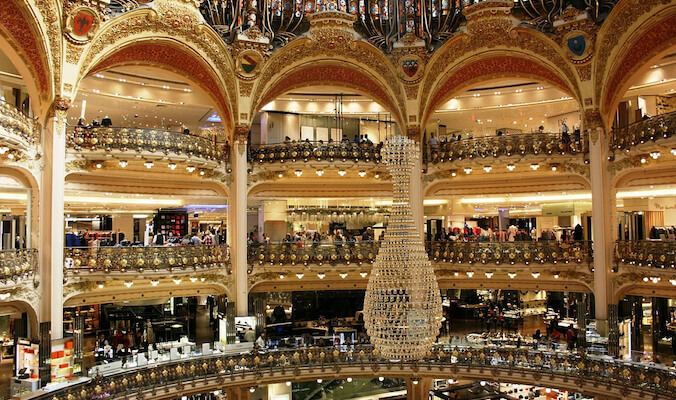Sustainable Luxury

©
On my usual Sunday mornings, I sat down with my ginger tea and looked through a few magazines. They had some nice articles about the economy, art and traveling along with a lot of advertisements. Most of them were ads for luxury brands of elegance and exclusiveness. I sat there wondering if there are any sustainable options and whether luxury could even be sustainable.
The more I thought about it, the more the two things seemed to fit together. Luxury goods are more durable and long lasting. This helps to reduce the amount of waste that increases when replacing the broken or worn out product, and it also minimizes the amount of new products to substitute the old ones.
There must be more to it than just durability. Some companies took saving waste a tick further and started producing high-end products from used and old items. For example, Elvis & Kresse, a luxury upcycling company manufactures wallets, bags and belts from old fire hoses and donates 50% of their profits to the fire Fighters Charity in the U.K.
Most sustainable luxury goods put an emphasis on being ‘real’, in terms of natural ingredients or materials. This can reduce the amount of chemicals used for synthetic materials, exposing fewer workforces to deadly fumes or compounds.
Others turn to alternative products, like the company Ananas Anam and their product Piñatex™, which is vegetable leather made from pineapple leave fibers. These leaves are simple by-products of normal pineapple harvests and are usually left to rot on the field. A luxury item that not only helps to reduce waste but also acts as an alternative to the leather industry and provides a feeling of no regrets.
Sustainability as the new trend
Something to strive for. This brings me to the next reason why luxury products can go hand in hand with sustainability. Luxury brands often represent a sustainable image, a trend and lifestyle, which can promote and push the green movement of being sustainable further.
According to a Harvard Business Review article, “social norms are changing, starting with high-profile tastemakers. Celebrities are more invested than ever in sustainability”. More and more Millennials are demanding sustainability for the products they purchase. They “expect social good”, asking for more social responsibility. People ask for more than just a product but for an experience with a positive effect on their environment and society.
Sustainability is such a growing movement that even luxury brands need to be able to keep up with. This shows how much the simple demand of consumers can do to a whole industry.
Realizing this positive trend, I smiled and knew that it would be a wonderful day.


